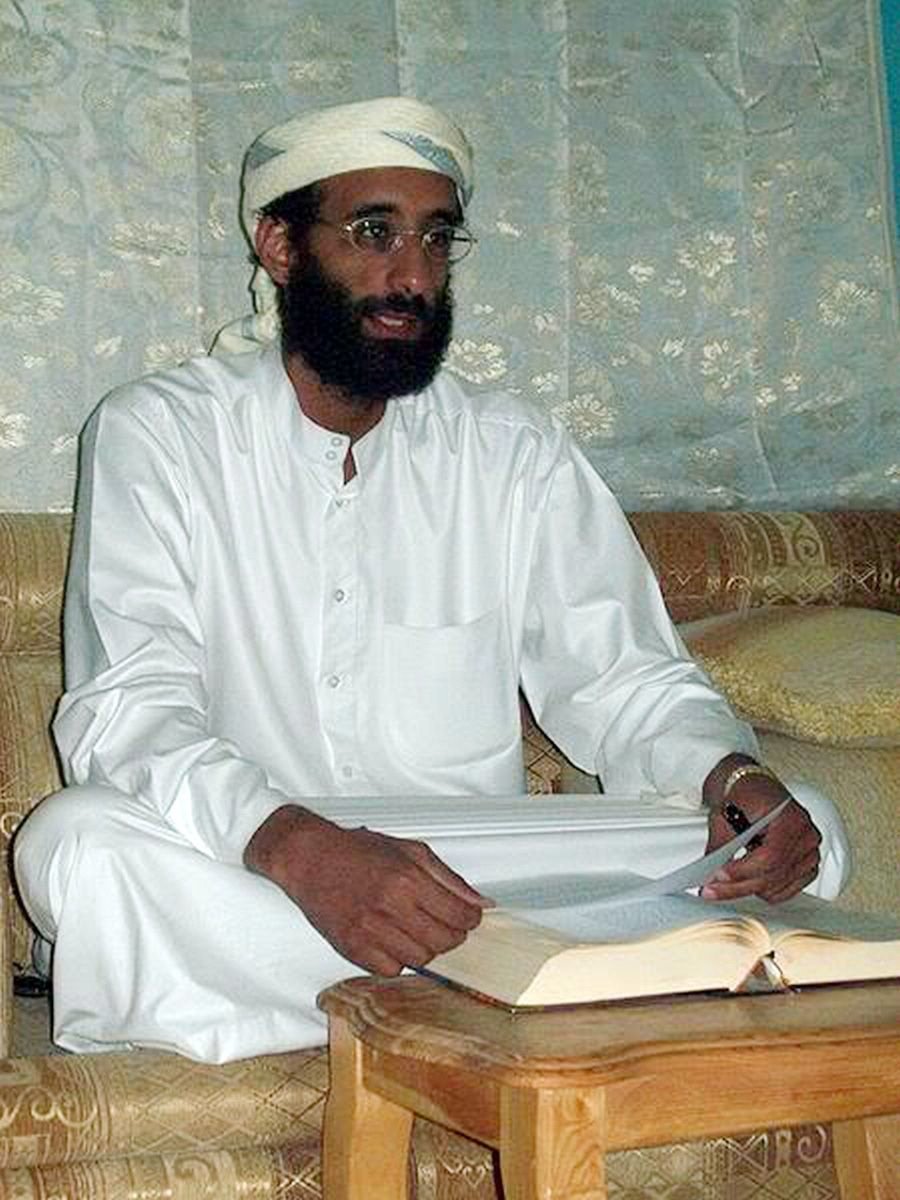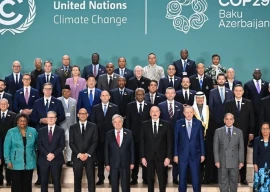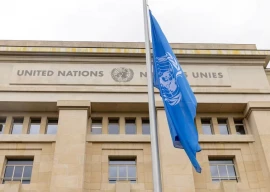
US-Yemeni cleric Anwar al-Awlaki was targeted and killed in the drone attack in September of that year. Dual Pakistani-US citizen Samir Khan died in the same attack.
Awlaki's teenage son, Abdul Rahman, was killed in a separate US drone strike in Yemen in October 2011. None of the three US citizens were ever charged with a crime.
The New York Times and two of its journalists filed a lawsuit demanding the government make public secret papers justifying drone attacks against suspected terrorists, including American citizens.
The American Civil Liberties Union supported the Freedom of Information Act case.
The released July 16, 2010 legal memo from the US Department of Justice justified Awlaki's targeting on the grounds that he was an enemy leader whose capture in Yemen would have been "infeasible."
As a leader in al Qaeda in the Arabian Peninsula (AQAP), his activities in Yemen posed "a continued and imminent threat" of violence to the United States, the memo said.
And, as an "active, high-level leader of an enemy force who is continually involved in planning and recruiting for terrorist attacks," Awlaki's killing would not be a war crime, it added.
The memo also claimed that the cleric had been involved "in an abortive attack" in the United States and "continues to plot attacks intended to kill Americans" from Yemen.
His citizenship did not make him immune from being targeted abroad and the drone strike would "comply with international law," it claimed.
US drone strikes, a program shrouded in much secrecy, has become a key tactic in America's war against suspected terrorists in Pakistan, Somalia and Yemen.
But human rights groups say the program lacks clear legal limits.
US officials defend it as carefully regulated and one that has weakened al Qaeda's core leadership and reduced the threat of attack on American soil.
Washington today regards AQAP - a merger of al Qaeda's Yemeni and Saudi branches - as the terror group's most dangerous franchise and it has been increasingly targeted by drones.
COMMENTS (5)
Comments are moderated and generally will be posted if they are on-topic and not abusive.
For more information, please see our Comments FAQ

1722586547-0/Untitled-design-(73)1722586547-0-165x106.webp)


1732326457-0/prime-(1)1732326457-0-165x106.webp)


1731325890-0/trump-(24)1731325890-0-270x192.webp)









@cmann:
Be it born or not, by the time he was engaged in operations against US, CIA would have known and should have revoked citizenship. Trade his for someone better, keep qouta for the better.
Totally justified. Hope our SC also learn from US courts, which idealistically will never be implement in Pakistan.
@Azi: Well,that "low life" was a born citizen of USA;So cool down.Not that what he was doing was right, and did not deserve the punishment.
Its amazing, how these low lifers that have nothing to contribute to humanity can become US citizens but someone with advanced degrees in science and technology, that can potentially lead to the next major invention/ discovery has to go through a very rigorous processes to even get close to being considered for a citizenship. Equality indeed.